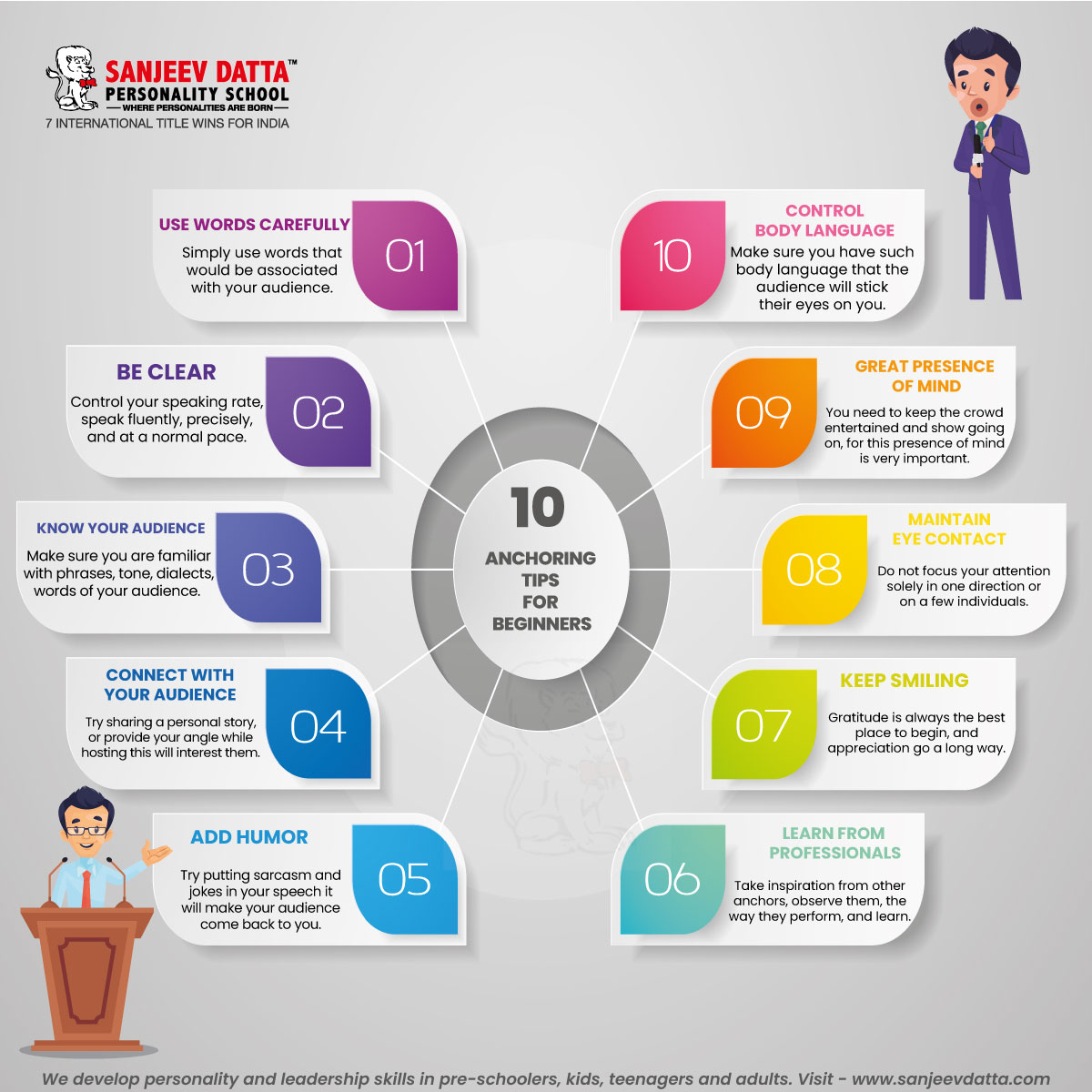Drama therapy is the application of theatrical skills to aid personal development and mental wellness. Drama therapy is employed in a variety of contexts, such as hospitals, schools, mental health facilities, jails, and corporations. Drama therapy uses drama and/or theatre techniques, such as improvisation, role-playing, puppets, and acting out stories, to create a unique approach. It’s an active, hands-on approach to creative therapy that can help you or someone you care about build self-esteem and learn new problem-solving techniques. Dramatherapy is most commonly utilized in a group setting, but it can also be performed one-on-one. A drama therapist will employ drama therapy techniques and may even assist you in creating a fictional plot to act out. Typically, the fictional story will be a retelling of your own story told through the eyes of several people. Putting some distance between yourself and the emotional issues you’re working through can help you gain insight and a sense of relief or catharsis.
Drama Therapy Techniques to Work On:
- Dramatic Projection:
It’s a technique that allows individuals to project their inner feelings and difficulties onto a character or object. Dramatic Projection is a technique in which the client can project his or her inner sentiments and difficulties onto a roll or item.
2. Personification and Impersonation:
Personification and impersonation are two dramatic styles in which a client expresses personal information through role-playing or an item.
3. Roleplay:
The top soft skills coach recommends role-playing as a popular drama therapy activity. When you play the part of a specific character in a specific situation, this is referred to as acting. Acting like a child or parent, for example, and exploring the feelings that this brings to the surface are two examples of this. Role-playing allows the player to shift their mindset, act out in new ways, and connect their own experiences with those of another person (whether that “other” is real or imagined, a near-perfect replica of the participant, or someone entirely different). A person can play one of two different types of roles.
4. Playing:
It is a mindset that is defined by spontaneous problem-solving, in which a play environment is established, things are actively reused into new roles, and changes are accommodated.
Visit: benefits of dram therapy
5. Stimulating Creativity and Spontaneity:
Although it’s more of a running topic and source of support from the therapist, it’s worth addressing as a technique in and of itself. The drama therapist will poke, probe, and provoke the participants to develop and utilize their creative nature during treatment. Your drama therapist may urge you to reenact prior behaviors or events that have caused you trouble. This falls under acting out. It is a challenging exercise to complete since it may prompt you to recall and relive unpleasant emotions. The goal is for you to learn how to do things differently in the future or just comprehend why something happened to you the way it did.
6. Improvisational Role:
Participants in an improvised role are given very little direction about the character and are free to develop their personalities. Whether the actor is aware of each aspect of his or her self that seeps through or not, the actor in an improvisational role will draw from his or her own experiences, memories, and assumptions to construct a personality, making it a kind of self-expression. It also helps in the personality development training of an individual.
7. Movement and Miming:
Human movement is one of the most fundamental actions. Art therapy, interpretative dance, and other activities invented by humans to express themselves all use movement in a therapeutic way. Miming is a form of performing that does not require the use of words. This implies you’ll have to rely entirely on your body language to convey a certain feeling or situation. This may cause you to think in new ways and trigger emotions you haven’t felt before.
8. Masks and Props:
Although it may seem paradoxical, wearing a mask can sometimes be the most effective method to be yourself. Wearing a mask can make people feel safer and more secure, as well as give them another nonverbal way to express themselves and communicate their sentiments. During a drama therapy session, props and masks can sometimes assist you in taking on different parts. These are very useful when working with young children, as they can help them identify with the character they’re playing or just communicate their feelings.
9. Scripted Role:

A scripted role allows a participant to take on the role of someone else, usually based on a screenplay or text that describes the person. The participant researches the character and tries to comprehend him or her, and they frequently discover that they can relate to some aspects of the figure’s life.
Visit: why theatre classes for kids
These drama therapy techniques will help one in overcoming anxiety, depression, addiction, eating disorders, low self-confidence, and relationship difficulties. Drama therapy, for example, is a unique way to deal with difficulties, express yourself, make objectives, and acquire confidence through expressive or creative therapies. Drama therapy is one of the expressive therapies that allow you to experiment with different roles, and develop new ways of communicating and expressing yourself.
Our classes are based on T.A.M. T.A.M. is a specialized, exclusive methodology driven personality and skills development that focuses on improving inner personality traits. Focusing mainly on the three objectives i.e., observation skills, cognition skills, and expressiveness that we readily build, the inner being within you to create a person of identity and value in your industry. Our personality development training with the added energy of our specialized technique enriches the character to an elevated level, the only requirement is to join to know the difference right?
Fir more details, contact us now!











